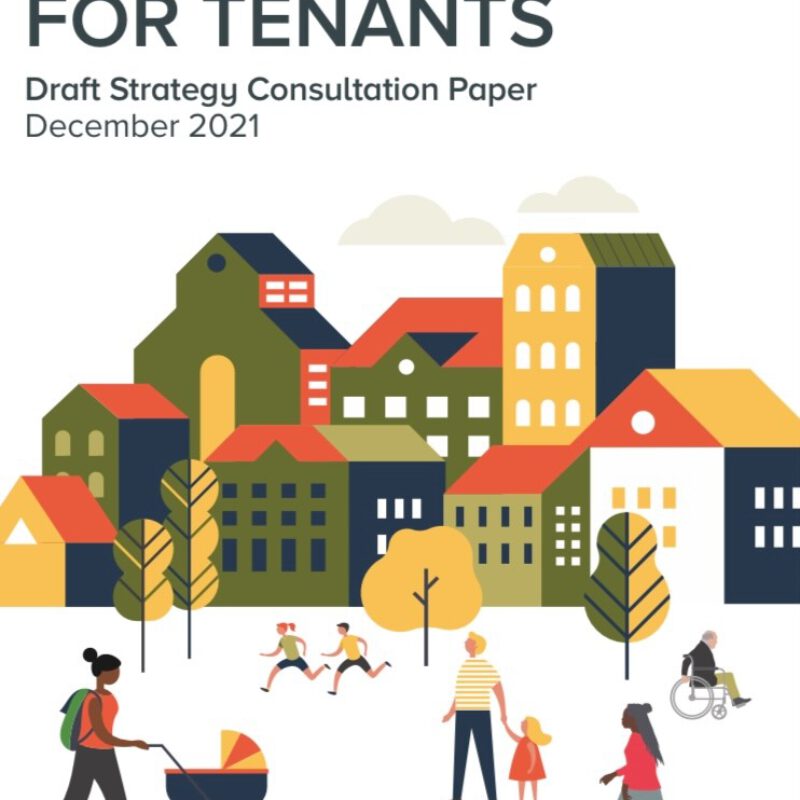There have been sweeping changes in recent years in the Private Rented Sector with the introduction of the Private Residential Tenancy (PRT) and the transfer of powers to the First-tier Tribunal, Housing & Property Chamber. The changes were in response to the exponential rise in the number of families who rely on housing in the private sector with a significant increase in the number of landlords owning only one or a few properties. In short, there has been a shift in power with greater emphasis on the rights of tenants.
In the current pandemic nothing could be worse as a tenant, particularly one with a young family, than facing the prospect of homelessness and The Coronavirus (Scotland) Act 2020 puts the rights of tenants at the forefront. However, this short guide will focus on the impact on Landlords and poses the question, do the changes go too far?
Firstly, I should explain that the Housing & Property Chamber were quick to act by suspending all pending cases before the Tribunal until the end of May 2020. New applications will be processed but hearings will not be allocated. The lockdown announced by the Government on the evening of Monday 23rd March 2020 also had the practical effect of suspending all pending evictions and following further guidance Sheriff Officers are now prohibited from carrying out all but essential business.
In an early announcement it was suggested that that the Government would alter the existing grounds for recovery of possession. For rent arrears cases, which make up most applications to the Tribunal, there are mandatory grounds of recovery based on an aggregate of 3 months of arrears for Assured Tenancies with a lower test of three consecutive months in arrears under the relatively new PRT regime. It was initially proposed to extend these periods to 6 months.
Schedule 1 of the Act retains the existing grounds but while emergency measures are in force, initially until 30th September 2020, the period of notice on the preliminary documents, being a Notice of Proceedings (Form AT6) for Assured Tenancies and a Notice to Leave for PRT’s are extended to 6 months. This has the effect of delaying applications to the Tribunal for that period. The notice period to recover a Short-Assured Tenancy under s 33 has also been extended to 6 months. The Act also removes the Tribunal’s power to make mandatory orders for eviction and now all applications must pass “the reasonableness test”.
The 6-month period does not, however, apply to all cases. For example, it doesn’t apply where the property is believed to be unoccupied. In such cases the notice period is 1 month. Applications based on relevant convictions and anti-social behaviour have a notice period of 3 months. The other notable exception is in PRT applications where the landlord wishes to return to reside in the property or requires it for use by a family member. In such applications a 3-month period also applies.
Thankfully, the majority of tenants pay rent in a responsible manner, but for those who don’t, landlords will now have to wait 6 months before submitting an application to the Tribunal and a further 3 months or more before they secure an order for eviction. Landlords with only one or a few properties are becoming increasingly disenchanted and therefore it’s inevitable that issues in the coming months will persuade many to leave the sector. That, in turn, may cause a housing crisis in the years to come, but only time will tell.
It is now vital for Landlords to seek advice before serving preliminary notices as errors in these important documents could cause yet further delay in their ability to recover possession.
If you need advice contact me at kenc@patten.co.uk.








